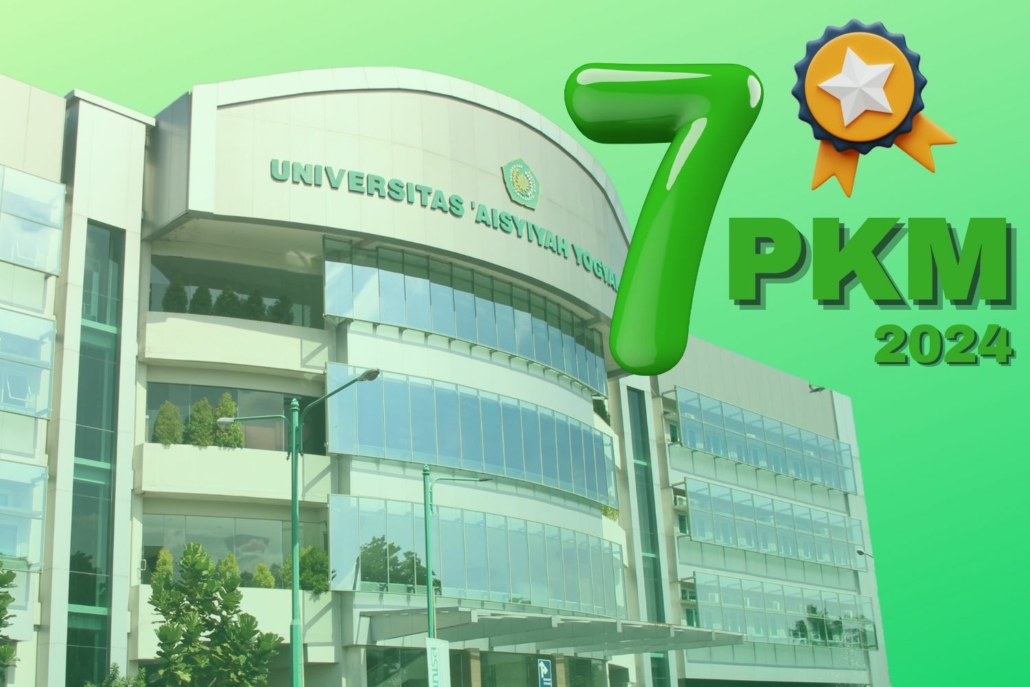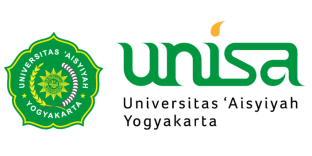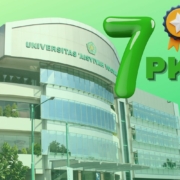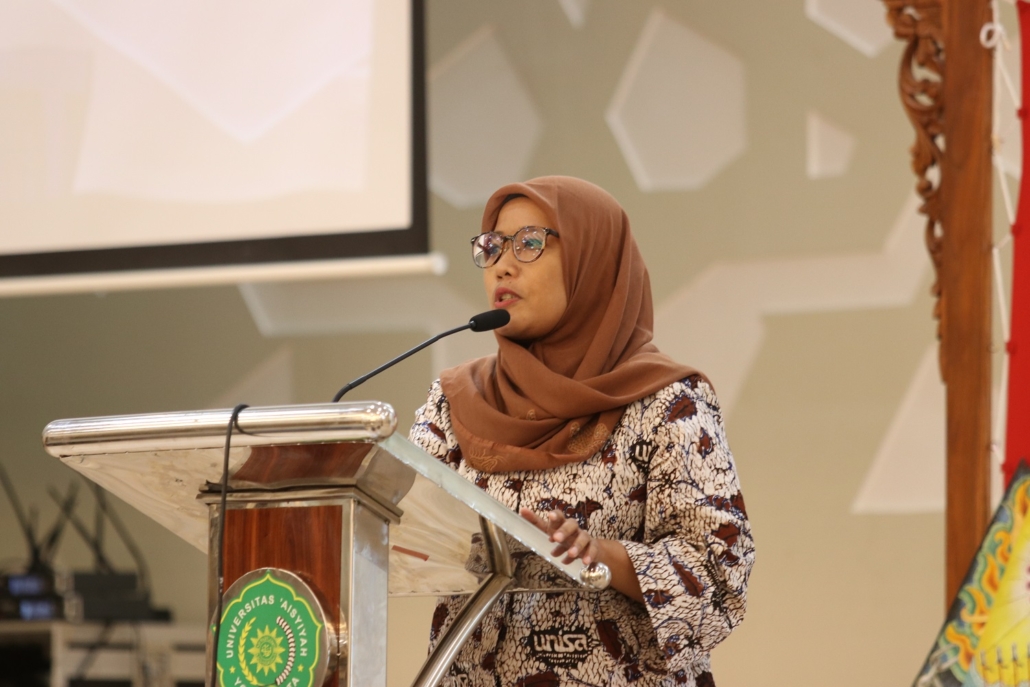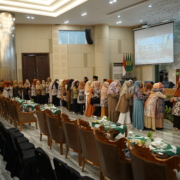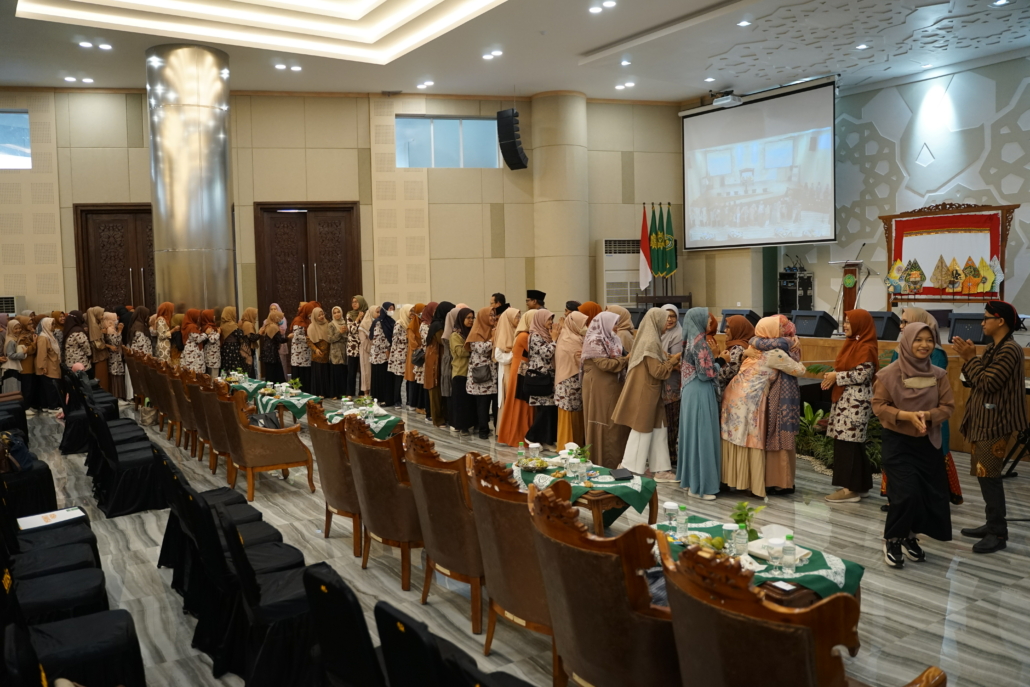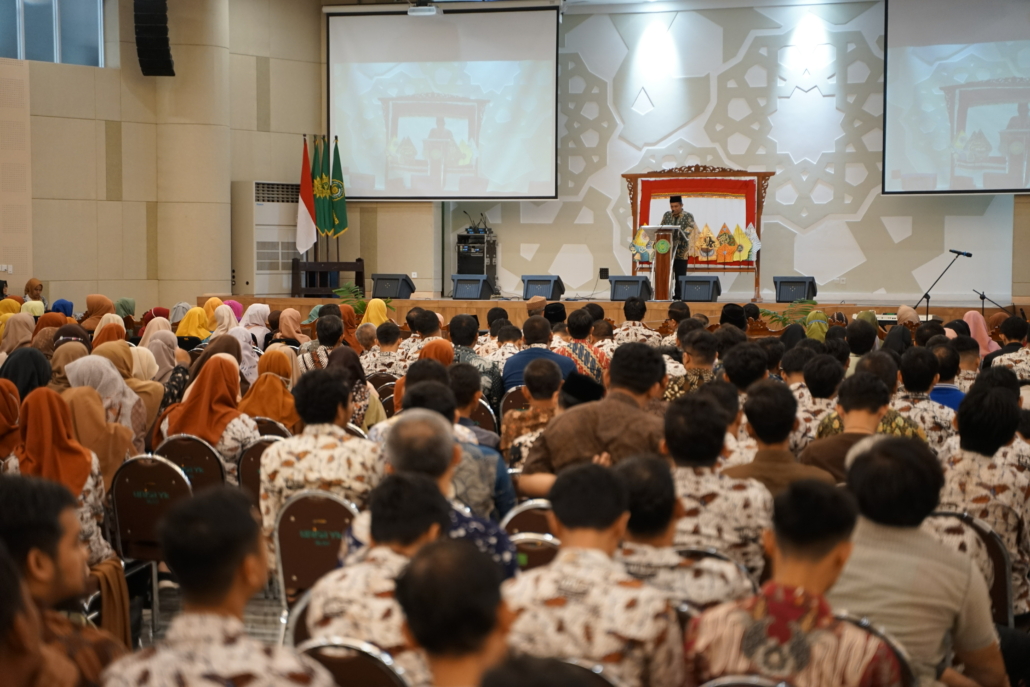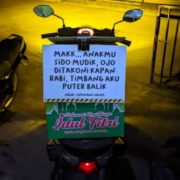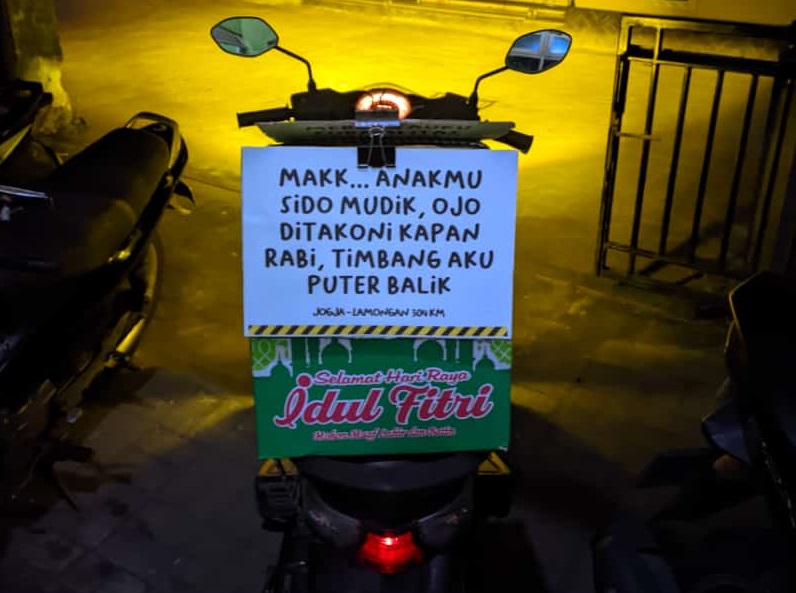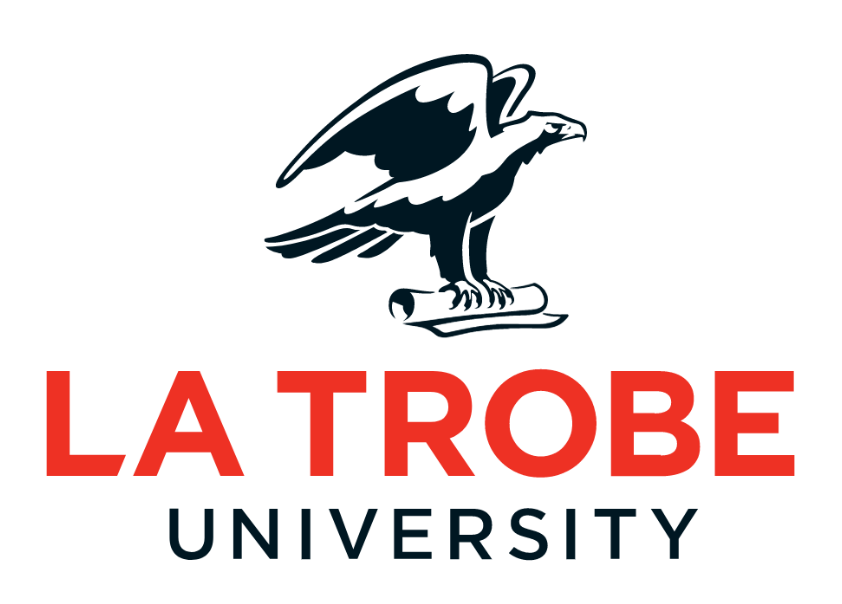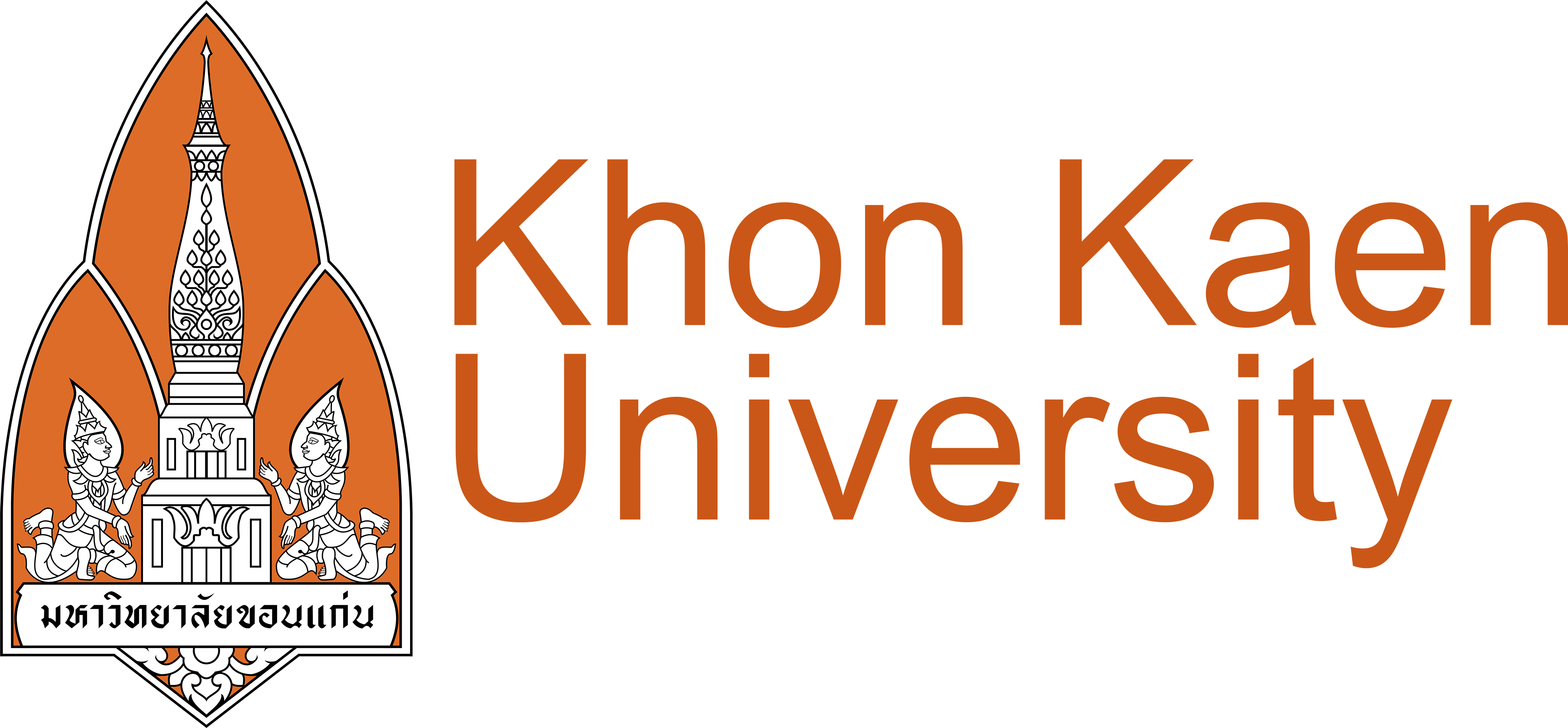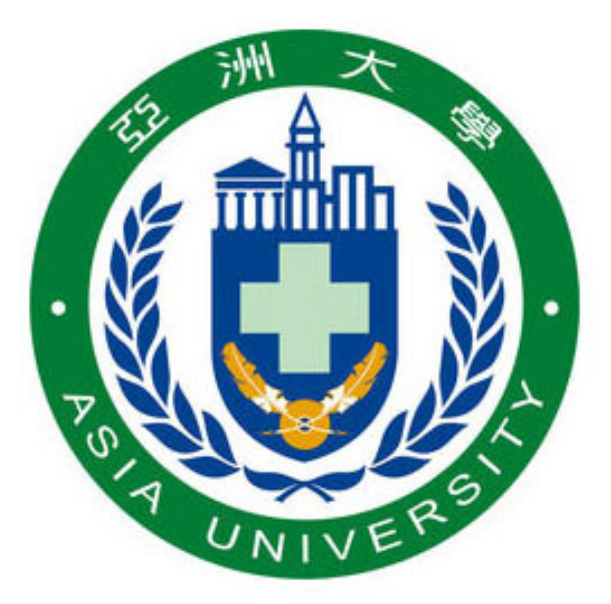Universitas ‘Aisyiyah (UNISA) Yogyakarta achieved a brilliant achievement by successfully passing the funding of 7 Student Creativity Programs (PKM) in 2024. The competition organized by the Ministry of Education, Culture, Research and Technology (KEMENRISTEKDIKTI) of the Republic of Indonesia is a stage for students to showcase their creativity and innovation in various fields, Saturday (24/04).
The Directorate of Learning and Student Affairs of KEMENDIKBUDRISTEK, which organizes this program, aims to guide students to become individuals who understand the rules, obey the rules, and have creativity, innovation, and objectivity in enriching intellectual diversity.
Head of the Bureau of Student Affairs and Alumni (BKA) UNISA Yogyakarta, Yekti Satriyandari, S.ST., M.Kes, expressed her gratitude for the achievement. According to her, this achievement is the result of the hard work of the BKA team, especially in the Creativity and Entrepreneurship Reasoning Coordinator, as well as the Unisa PKM Center Team.
“Within a narrow deadline, our team managed to prepare PKM proposals and provide assistance to students, even though at the same time other Puspresnas competitions were also taking place. The spirit of the students and the PKM Center Team remains high, and we hope that this year the Unisa PKM team can make achievements at Pimnas,” said Yekti.
The achievements of UNISA Yogyakarta this year are the same as those obtained in the previous year, UNISA Yogyakarta also managed to pass 7 PKM teams, showing consistency in providing support and guidance to students to excel at the national level.
This success is not only a source of pride for UNISA Yogyakarta, but also strengthens its position as one of the universities committed to supporting and developing the potential of creativity and innovation of its students for greater contribution to the progress of the nation and state.
24/04/2024/by adminTags: aisyiyah, amalku, banggamenjadiunisa, beunisa, unisa, unisayogya
